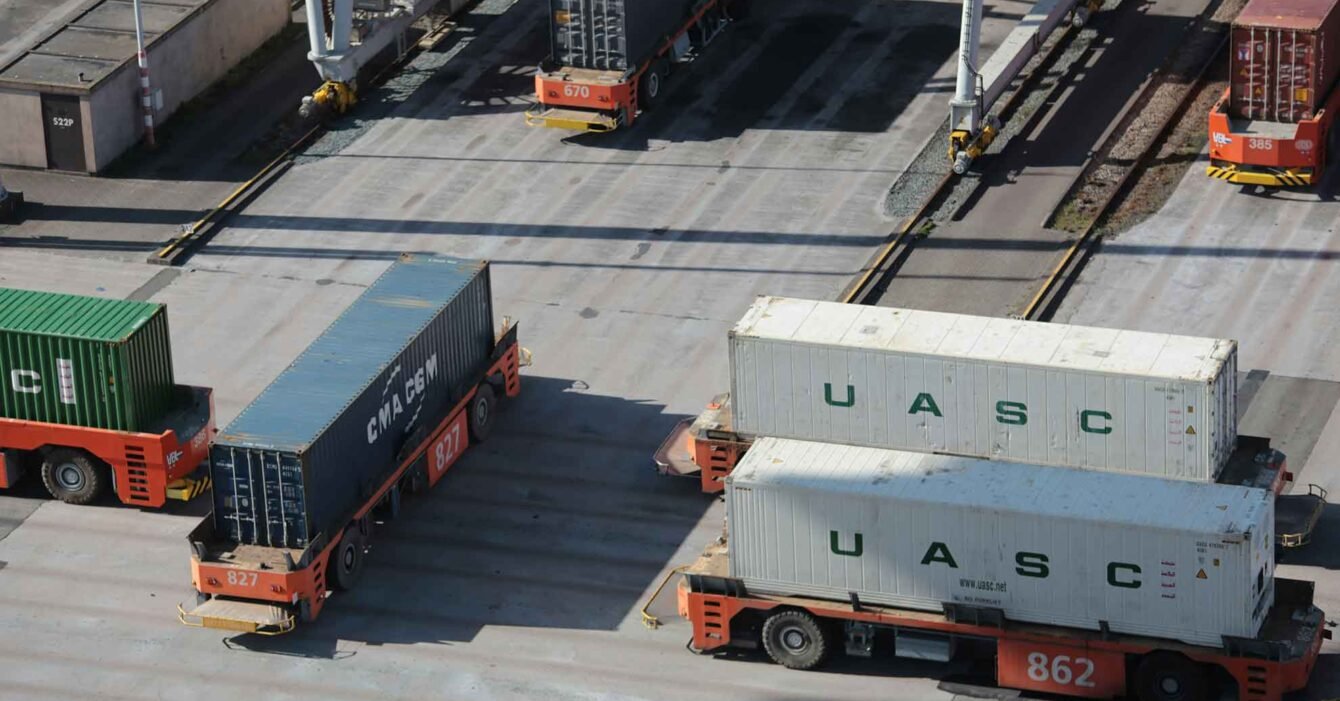The logistics industry in Saudi Arabia is undergoing a significant transformation, driven by the rapid advancement and adoption of innovative technologies. Positioned strategically as the gateway between the East and West, Saudi Arabia’s logistics sector is pivotal for global trade, making its efficiency and modernization critical for economic growth. This article delves into the technological innovations reshaping the Saudi logistics landscape, highlighting how these developments are enhancing operational efficiency, reducing costs, and improving customer satisfaction.
Adoption of Artificial Intelligence and Machine Learning
Artificial Intelligence (AI) and Machine Learning (ML) are at the forefront of the technological revolution in Saudi logistics. These technologies are being leveraged to predict demand, optimize routes, and enhance supply chain transparency. AI algorithms analyze vast amounts of data to forecast logistics demand with remarkable accuracy, enabling companies to plan their inventory and workforce needs effectively. Additionally, ML models offer route optimization solutions that consider various factors such as traffic, weather conditions, and delivery windows, significantly reducing delivery times and fuel consumption.
Blockchain for Enhanced Transparency and Security
Blockchain technology is transforming the Saudi logistics industry by offering unprecedented levels of transparency and security in supply chain management. By enabling real-time tracking of goods, blockchain facilitates a transparent supply chain where all parties can track the movement of goods from origin to destination. This not only helps in reducing theft and loss but also builds trust among stakeholders. Moreover, the immutable nature of blockchain records ensures the authenticity of goods, which is particularly crucial for high-value or sensitive shipments.
Internet of Things (IoT) for Real-time Monitoring
The Internet of Things (IoT) is another game-changer for Saudi logistics, providing real-time monitoring of shipments and assets. IoT devices attached to containers and vehicles transmit data on their location, condition, and environment, allowing for proactive management of the supply chain. This technology enables companies to monitor the temperature and humidity levels of sensitive goods, prevent unauthorized access to shipments, and optimize asset utilization through better tracking of vehicles and equipment.
Drones and Autonomous Vehicles for Last-mile Deliveries
The use of drones and autonomous vehicles for last-mile deliveries is gaining traction in Saudi Arabia, offering a solution to the challenges of urban logistics and remote area deliveries. Drones, in particular, are being tested for delivering small parcels and critical supplies, such as medicines, to hard-to-reach areas. Autonomous vehicles, on the other hand, promise to revolutionize urban deliveries by reducing labor costs and mitigating the risk of accidents. These technologies contribute to faster, safer, and more cost-effective delivery services, enhancing customer satisfaction.
Conclusion
The logistics industry in Saudi Arabia is on the cusp of a technological revolution, with AI, blockchain, IoT, drones, and autonomous vehicles leading the charge. These innovations are not just enhancing operational efficiency and reducing costs but are also significantly improving the reliability and security of the supply chain. As Saudi Arabia continues to invest in and adopt these cutting-edge technologies, its logistics sector is set to become more agile, resilient, and customer-focused, further solidifying the Kingdom’s position as a global logistics hub.




